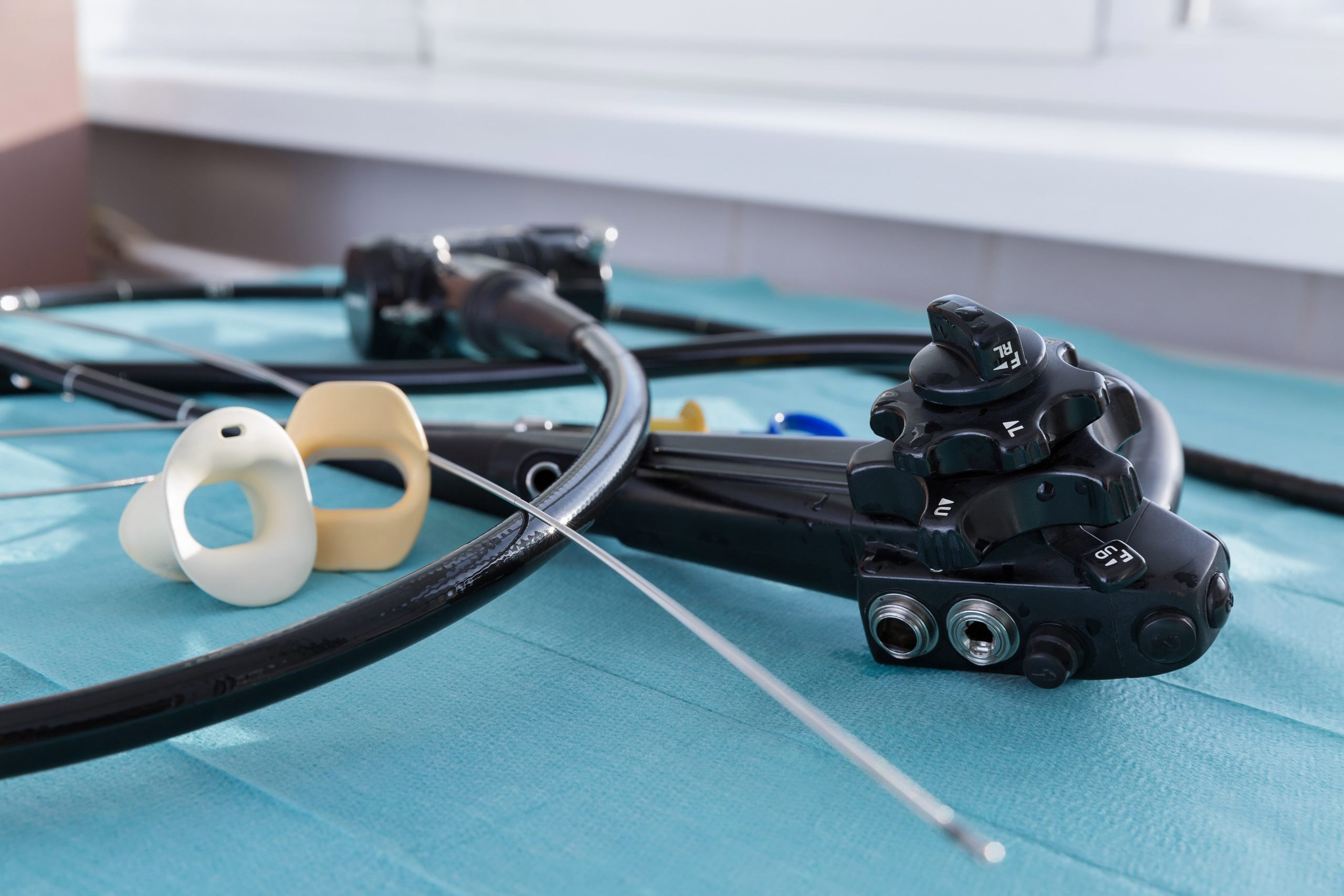
While some urologists generate posts and tweets at the beginning of their careers as a primary source of social media engagement, there are social media platforms that the urology community is just beginning to explore.
Discussing the advantages and disadvantages of social media was the focus of this year's Young Urologists Forum at the American Urology Association 2022 annual meeting in New Orleans.
"Social media is a great way to engage with patients," said panelist Dr. Rena Malik. "It's also an opportunity for a urologist to build their online reputation."
Social media platforms allow physicians to stay connected with their colleagues, share knowledge, and engage in medical education with patients.
Dr. Sammy Elsamra, an associate professor at Rutgers Robert Wood Johnson School of Medicine, told the AUA Daily News that social media platforms like Facebook are excellent for promoting practices in the local community.
Twitter, Sermo, and Doximity are also effective platforms for an early-career urologist to share information about research, surveys, and networking with colleagues. Google My Business is another excellent resource for early-career urologists looking for patient referrals.
According to a 2022 study, some urologists are also using YouTube to share videos of cystoscopy procedures to help patients better understand what to expect and reduce any distress or concerns they may have.
Malik, a urologist, specializing in female pelvic medicine and reconstructive surgery at the University of Maryland School of Medicine, started her own YouTube channel two years ago to educate patients about bladder health and share advice with medical students. Today, she has over a million subscribers.
Despite its advantages, there are also pitfalls when using social media in urology, said Dr. Jay Simhan, associate professor of urology at the Temple Health Fox Chase Cancer Center.
Always consider your audience and whether your posts are offensive. In addition, remember to keep your sense of humor and opinions in check when crafting your social media posts, Simhan said.
An early-career urologist should be mindful of the information they post, ensuring not to share anything that could be damaging to their colleagues, patients, or an organization.
Aside from the type of social media platform, Elsamra and Simhan encourage young urologists to create a social media strategy that details what they will post and how often.
The Young Urologists Forum is designed to educate and inspire urology professionals and help them with early-career challenges.


